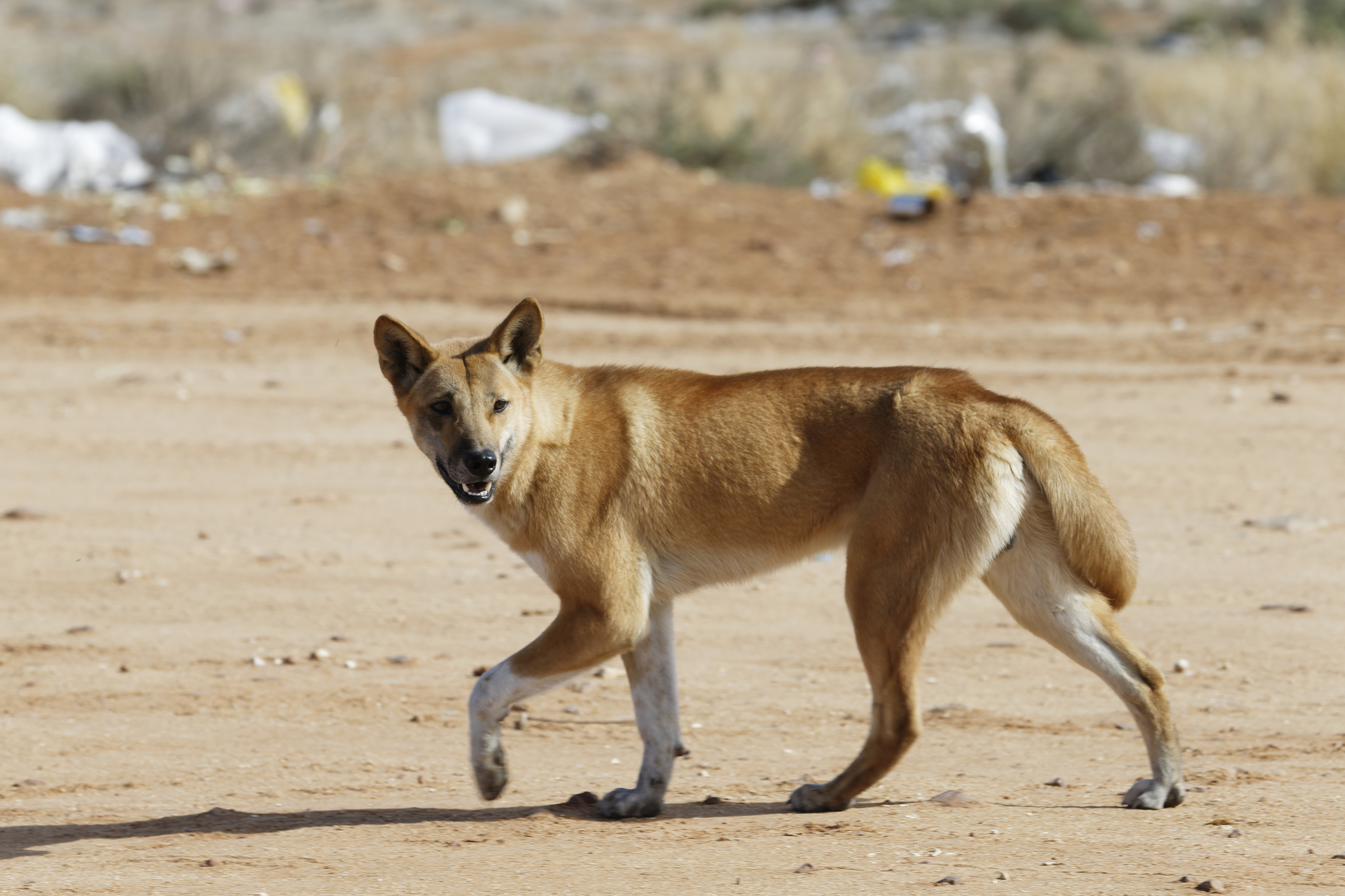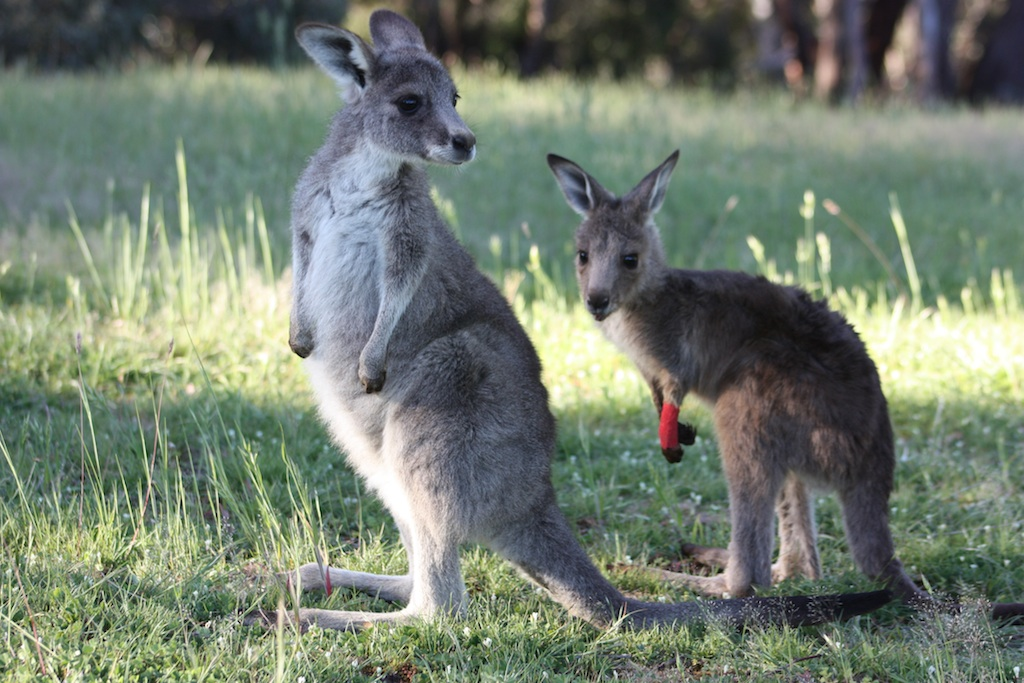Across Australia, dingoes are slowly being recognised for what they are: Australia's local apex predator with deep cultural significance and an important ecological role. Yet in many jurisdictions they continue to be subjected to widespread lethal control through baiting, trapping and shooting, due to policies that still classify them as pests or biosecurity threats. In 2023, Victoria ended...
Animal testing for cosmetics is far from pretty. Rabbits, guinea pigs, mice and rats are used in labs and made to have cosmetic chemicals dripped in their eyes, spread on their shaved skin, or force fed to them orally in massive, even lethal doses.
Back in 2012, Humane Society International together with our partner Humane Research Australia launched a campaign called #BeCrueltyFree Australia to raise support for a ban on new animal testing for cosmetic products or their ingredients in Australia, as well as a ban on the sale of cosmetics newly tested on animals or containing newly animal-tested ingredients.
Five years on, and the campaign is nearing success. At the 2016 federal election there was bi-partisan support from all major parties for introducing a ban on cosmetics tested on animals and now the Turnbull Government has just announced their Federal Budget for 2017 and included was $2.1 million in funding to implement the ban. Whilst this is great news for the campaign and our supporters, we are not quite ready to open the champagne. There are a few serious loopholes currently under discussion in Government consultation papers that need clarification before we can truly celebrate.
We accept the ban won’t be retrospective, and unfortunately in the past, a lot of the ingredients used in cosmetics were tested on animals. The promise is to stop the cruelty going forward.

Rabbits, guinea pigs, mice and rats are used in labs and made to have cosmetic chemicals dripped in their eyes, spread on their shaved skin, or force fed to them orally in massive, even lethal doses. Image: iStock.com/Rklfoto
What this ban should be doing is protecting consumers from buying any cosmetic products in Australia that have been newly tested on or use ingredients that have been newly tested on animals. A proper ban would make sure that new ingredients being introduced into cosmetics are not tested on animals, either in Australia or overseas. But there is devil in the detail!
The first major loophole canvassed in the consultation paper is that the ban would only apply to ingredients that are specifically used on cosmetics. This would be no good because only a small minority of substances are used exclusively as cosmetic ingredients. The figure stands at 10% or less according to some industry estimates. Basically this means that an ingredient tested on an animal for a medical trial or any other purpose could still make its way into a cosmetic product because the ingredient isn’t specific to cosmetics. This is the ‘exclusive use’ loophole.
The second major loophole would allow the use of new animal test data created for an ingredient for another use to be used to register cosmetics products and ingredients, despite the ban. This is the ‘repurposing’ loophole. If this exception remained, it would mean cosmetic products containing newly animal tested ingredients would still be allowed to be sold in Australia. Chemicals tested on animals for another purpose after the cosmetic testing ban comes into effect should not then be allowed to be repurposed for cosmetic use.
A May 2013 poll by Nexus Research on behalf of Humane Research Australia found 85 percent of Australians oppose using animals in the development of cosmetics, and 81 percent support a national ban on the sale of cosmetics tested on animals.
The support is there for a robust piece of legislation without any loopholes that could make the ban largely ineffective.

A May 2013 poll by Nexus Research on behalf of Humane Research Australia found 81 percent support a national ban on the sale of cosmetics tested on animals. Image: #BeCrueltyFree Australia
We are also concerned on a potential Voluntary Code of Conduct around labelling of cruelty free products. Our experience with voluntary codes is that they don’t work very well, especially if you look at other animal welfare issues, like free range eggs. There have been numerous court cases brought by the ACCC to pull producers up for falsely labelling their products as free range when they weren’t free range. If the cosmetic testing ban is clear and without loopholes, consumers won’t have to rely on labels in order to make sure they aren’t purchasing products that have been or contain ingredients that have been tested on animals. Labelling standards should also be mandatory and not voluntary.
The Government has yet to table the legislation to give effect to the ban. You can take action to make sure the legislation they introduce is robust and minus the loopholes. Let key Parliamentarians know that you want the Government’s legislation to end animal testing for cosmetics sold in Australia to be comprehensive, legally enforceable and not undermined by ‘exclusive use’ and ‘repurposing’ loopholes. Write to them at our form below.


